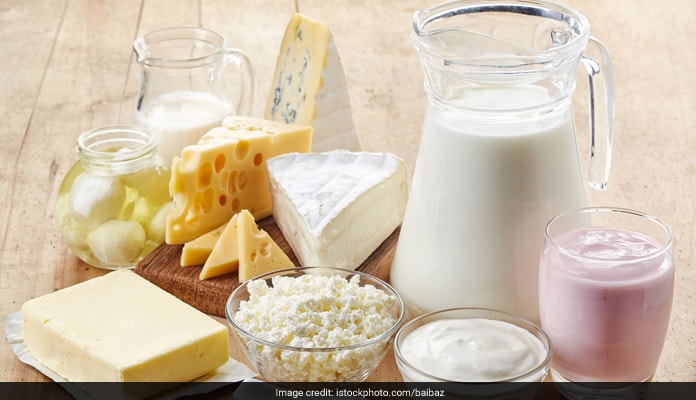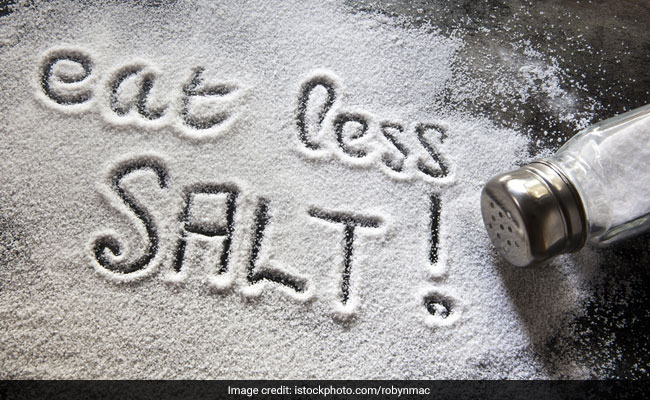Heart disease is usually perceived to afflict more men than women. But, that's not true. Women are also at an equal risk of suffering from heart ailments. It's just not a very believable fact. Women's heart diseases are on the rise in India. In a fast-paced life, moving away from traditional food, lack of exercise and stress - are all contributing factors. We women have the responsibility and the need to do a number of things and do them well. But amidst all the commotion, we end up compromising on our health. Today is World Health Day and it is celebrating the theme of 'universal coverage for all'. The concept resonates well with everyone, but to me, coverage isn't only about access to hospitals and doctors but also access to knowledge that empowers us to prevent the onset of diseases and living a fulfilling life without fear.
Heart attacks in women are usually seen at a later age as compared to men because of the effect of natural oestrogen found in women protecting their heart. But once menopause sets in, the risk of heart diseases in women surpasses the men's risk factors. Post menopause, Asian women also tend to have higher LDL (bad) cholesterol and lower HDL (good) cholesterol. In addition, women are less likely to get a preventive health check-up and sadly, less likely to get to a hospital on time during a heart attack as compared to men. Symptoms of a heart attack are also very unique to women. They may not have a chest pain but complain of neck, jaw, upper back or abdominal pain, shortness of breath, nausea, vomiting, fatigue, dizziness and they may all occur when a woman is resting or sleeping.

Heart attacks in women are usually seen at a later age as compared to men.
How can we protect ourselves against heart diseases? A good lifestyle is what really works.
Eat healthy
For your own body, choose health. Whole grains and the fibre present in them are well-known for their preventive effect on lowering cholesterol and controlling diabetes and managing weight. Whole grains are also rich in antioxidants that prevent and protect us from inflammation - a leading cause of heart diseases. Look beyond just oats and whole wheat and brown rice; go for traditional cereals like bajra, jau (barley), kuttu and ragi.
(Also Read: How Healthy is Your Heart? 7 Tips Every Woman Should Follow)

World Health Day: For your own body, choose health.
Have a plateful of colour
Add at least five colours to your meals. Red and pink vegetables and fruits of this hue add lycopene, a powerful antioxidant, known for its heart protective nature by boosting the body's natural flow of antioxidants. Blue and purple coloured foods contain anthocyanins, which have shown positive effect on blood vessels, platelet and the cholesterol family, reducing the risk of heart diseases, in addition to being strong antioxidants. Green vegetables aren't good just for your eyes; they contain two antioxidants - lutein and zeaxanthin - which have shown cardio protective properties. White might look colourless but the foods of this colour contain sulforaphane, which has shown strong antioxidant activity and may be good for protecting our arteries.

World Health Day: Red and pink fods add lycopene, a powerful antioxidant, known for its heart protective nature
Go for low fat dairy
Milk, as we know, is the best source of bioavailable calcium, which is an important nutrient for women of all ages. In a recent global study, it was found that consuming two servings (400mls) of dairy daily reduced the risk of heart diseases. This study found that having even one serving of dairy a day reduced the risk of heart diseases, stroke and death by 10%. Choose low fat or fat free versions to reduce the intake of saturated fats.
(Also Read: Should You Be Drinking Skimmed Milk?)

World Health Day: Milk is the best source of bioavailable calcium, which is an important nutrient for women of all ages.
Consume healthy fats
Monounsaturated and polyunsaturated fats are healthy fats and are recommended for a healthy heart. They protect against cardiovascular diseases, lower bad cholesterol and triglycerides while providing essential fats that our body cannot make. Saturated fats, in spite of all that is being said, do increase bad cholesterol in the blood and increase the risk of heart diseases, keeping them to the minimum. Trans fats should be totally deleted from our diets. Found in hydrogenated oils and artificial fats, trans fats increase cholesterol and the risk of heart diseases.

World Health Day: Healthy Fats: Nuts and Seeds are recommended for a healthy heart
Reduce salt and sugar intake
Sugar and salt taken in excess are both detrimental for heart health. In a study published in JAMA Internal medicine, it was established that higher intake of sugars, even with the right body weight, increases the risk of heart diseases. The reason is probably not just the sugar intake per say but because high intake of sugar means you are replacing nutrient and heart protective rich food with just empty calories. Excessive sugar intake also causes the liver to increase the levels of bad fats in the blood and is positively associated with high blood pressure. Stick to about 10% of total calories from added sugars. High salt intake is also associated with an increase in BP which is a risk factor for heart disease. So, take that salt shaker off your table and reduce its amount in your food. Processed, frozen, ready-to-eat and ready-to-cook meals and snacks are where we add a lot of extra sodium into our food, so be cautious.
(Also Read: 5 Low Sodium Foods and Tips to Reduce Salt Intake)

High salt intake is also associated with an increase in BP which is a risk factor for heart disease
Exercise daily
The one thing that will protect not just your heart but the entire body is good physical activity daily. No matter how busy you may be, do take out time for it. The recommended time is 150 minutes of moderate and 75 minutes of aerobic activity for a week, which means 30 minutes daily - not too much of an effort for your heart. We Indians may need 45 minutes a day.

No matter how busy you may be, do take out time for exercising.
Go for regular health check-ups
Take your doctor's appointment that you have been postponing for ever. There is a reason health care providers insist and call it a preventive health check-up. It helps you prevent the onset of health diseases and prevention, believe you me, is better than cure. If you have a family history of heart diseases, it is even more important to take care of your health.

Take some time out and get your body checked.
So ladies, remember your health is a priority. And, families should realise that women, who take care of them all, need to be looked after. Start a healthier approach to life together, it works better!
Disclaimer: The opinions expressed within this article are the personal opinions of the author. NDTV is not responsible for the accuracy, completeness, suitability, or validity of any information on this article. All information is provided on an as-is basis. The information, facts or opinions appearing in the article do not reflect the views of NDTV and NDTV does not assume any responsibility or liability for the same.
About Rupali DattaRupali Datta is a Clinical Nutritionist and has worked in leading corporate hospitals. She has created and lead teams of professionals to deliver clinical solutions for patients across all medical specialties including critical care. She is a member of the Indian Dietetic Association and Indian Association of Parenteral and Enteral Nutrition.





